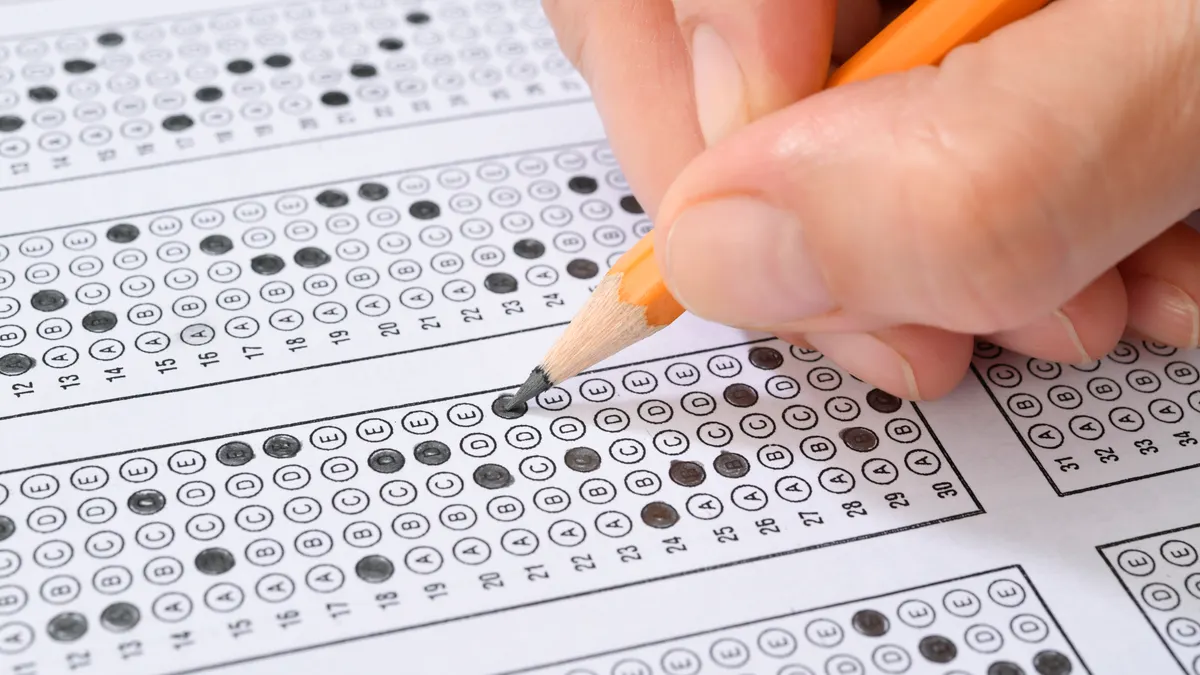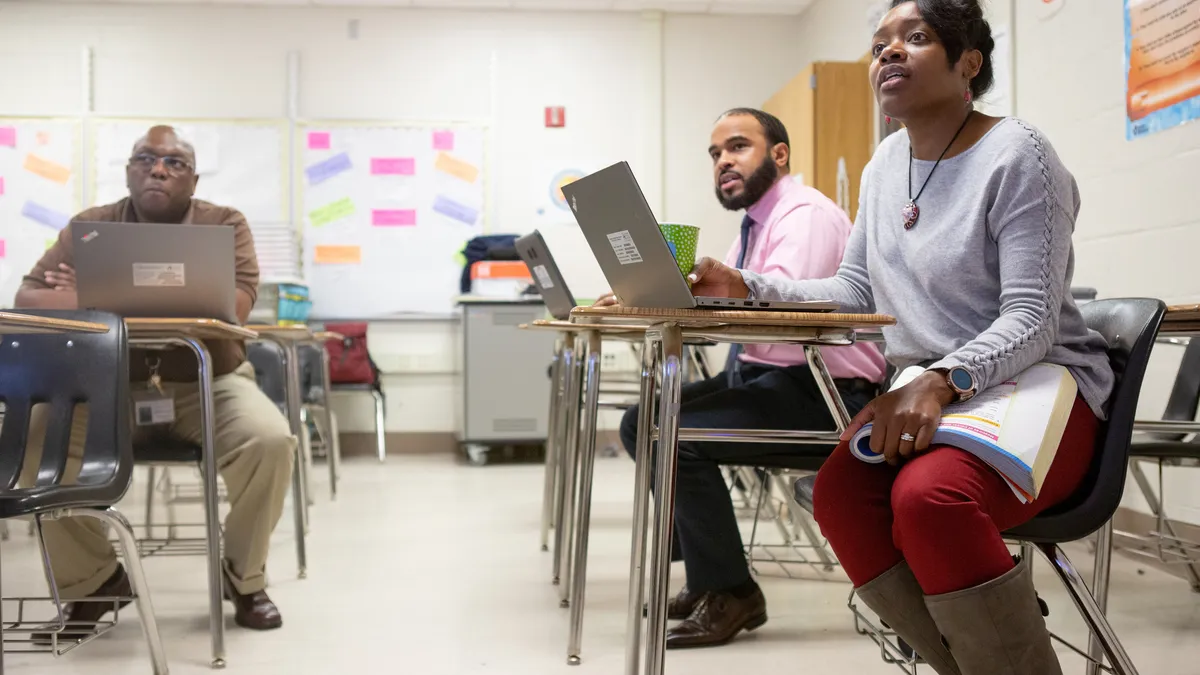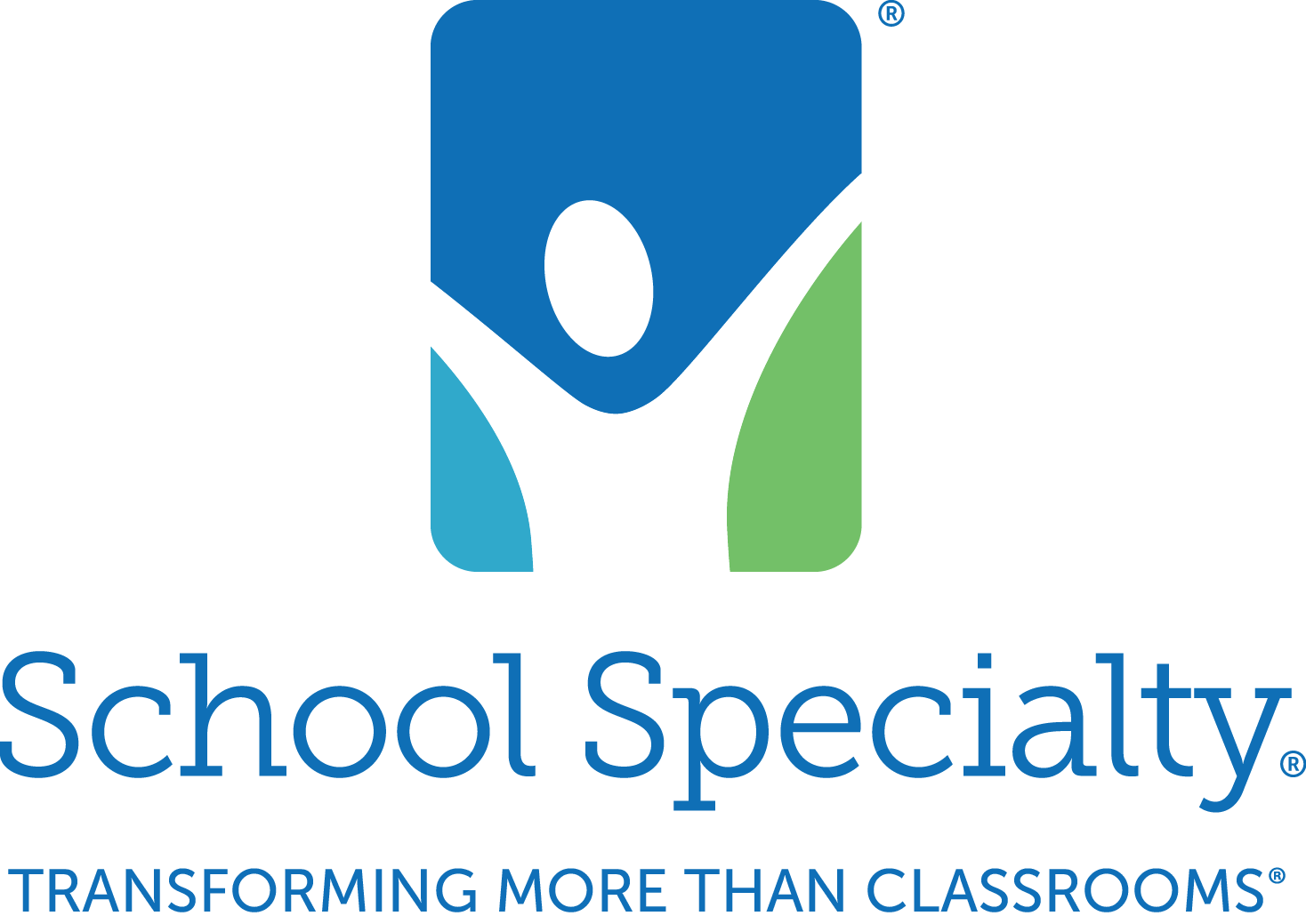The teaching profession is caught at a tipping point with technology, according to a new survey of educators conducted by textbook publisher Houghton Mifflin Harcourt.
Most of the teachers and administrators surveyed were excited about the potential of new technologies to improve or even transform how they teach. Nearly all (97%) report already used technology in their classrooms or schools, in one form or another.
But many teachers remain uneasy, as well — especially when it comes to their ability to make use of that technology. When asked about the biggest challenges they face, many said they feel they're being asked to do more with less.
The role of tech in a changing profession
Technology and its implementation are expensive and time-intensive, yet teachers cited a lack of funding as one of their top concerns. And new accountability structures and assessment regimens have strained teachers’ energies, as well.
Of those surveyed, 63% expressed concern that new teacher accountability structures could interfere with their ability to teach their students, and 58% were worried about being able to meet new assessment requirements.
And tech offered its own stresses for educators in the form of student safety and privacy.
Of the 1,008 educators surveyed, 58% said they were somewhat or very concerned about student data privacy.Administrators and legislators alike have become hyper-aware of the issue, with some states beginning to consider and implement stricter student privacy laws in order to restrict what data private companies can collect and what they can use it for.
Pacing and support matter
Still, many of teachers’ concerns, especially in their open-ended responses, came down to pacing and support. Increasingly, teachers bridge the gap between the fast-paced world of technological innovation and the daily work of running a classroom.
“What was new last month is replaced by some other new technology the next month. I find it exhausting trying to keep up,” one respondent said. “I have to have time to practice, I have to know what I’m doing in order to present it to students in a meaningful way…Help me find a way to control a lesson, where I can get students to actually focus on learning information long-term, and I’m sold.”
That likely comes as no surprise to administrators. Kirk Anderson, the director of educational technology at Denver Public Schools, says professional development is key to supporting teachers as they incorporate new technologies. But for districts, the biggest challenge he’s come across is how to address the needs of teachers who come in with really different professional development needs.
“We have a big divide between teachers who are very actively using it and seeking out professional development, and people who are interested in using it but are used to having professional development provided to them rather than driving their own learning,” Anderson said. As a result, many districts and schools target their professional development to the lowest common denominator, which doesn’t help those who outpace the norm.
A trick Anderson suggests: use the fast learners to teach the slower ones through collaborative work and teacher-led seminars.
How teachers use tech
According to Houghton Mifflin's survey, teachers largely use technology in ways that make handling classwork easier. That means sending out assignments and having students submit homework online, as well as having classwork completed on computers.
Though states' standards-aligned testing has driven an uptick in digital-only testing mandates, teachers do not seem to have adopted similar models for their in-class interim testing. Just 13% said they use technology to give assessments daily or often. (While daily may seem like overkill, many schools have begun to implement rapid skills assessments at the start of classes, typically consisting of one to two questions to check in on students’ understanding.) That may prove problematic for schools where high-stakes testing is conducted digitally, but most of the tests students take in between are given on paper.
Some critics of the move to computer-based tests have pointed to that unfamiliarity as a potential cause of lower scores. If students aren’t gaining familiarity with the format beforehand, their performance may reflect that, rather than a lack of knowledge, on the day of the big test.
Would you like to see more education news like this in your inbox on a daily basis? Subscribe to our Education Dive email newsletter! You may also want to read Education Dive's look at how superintendent churn is the norm in large districts.





















